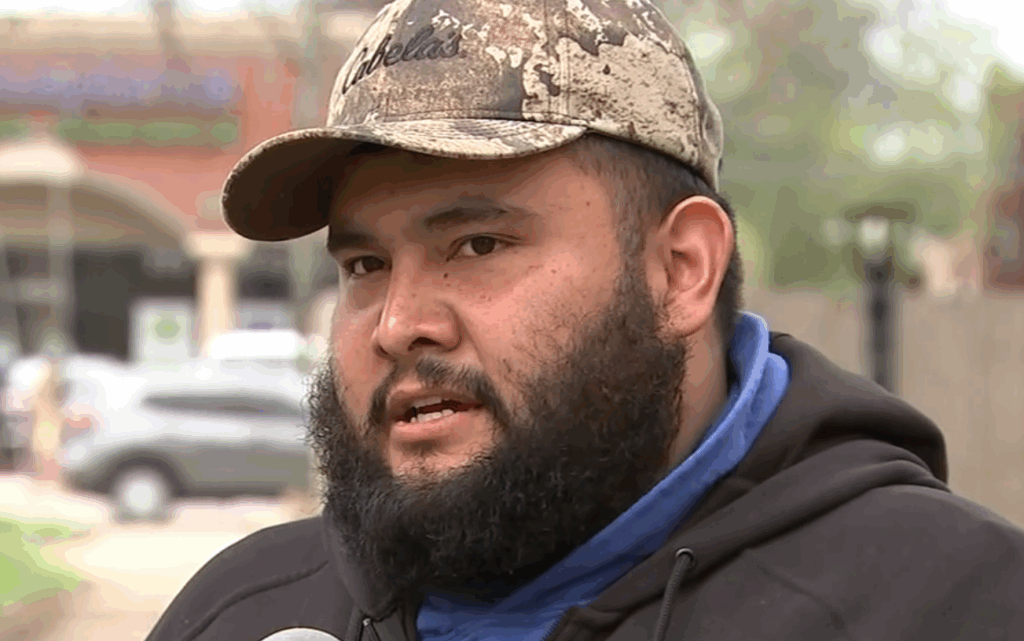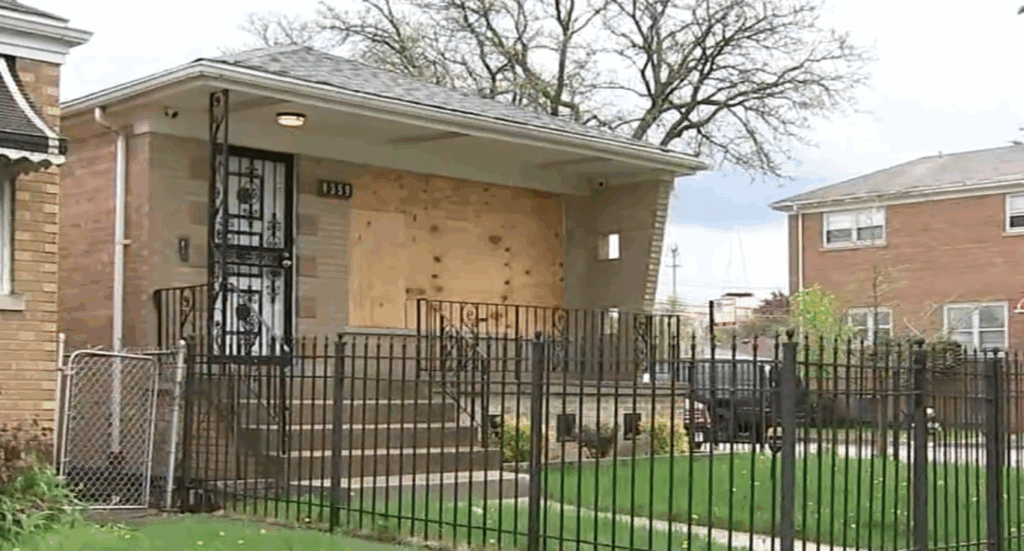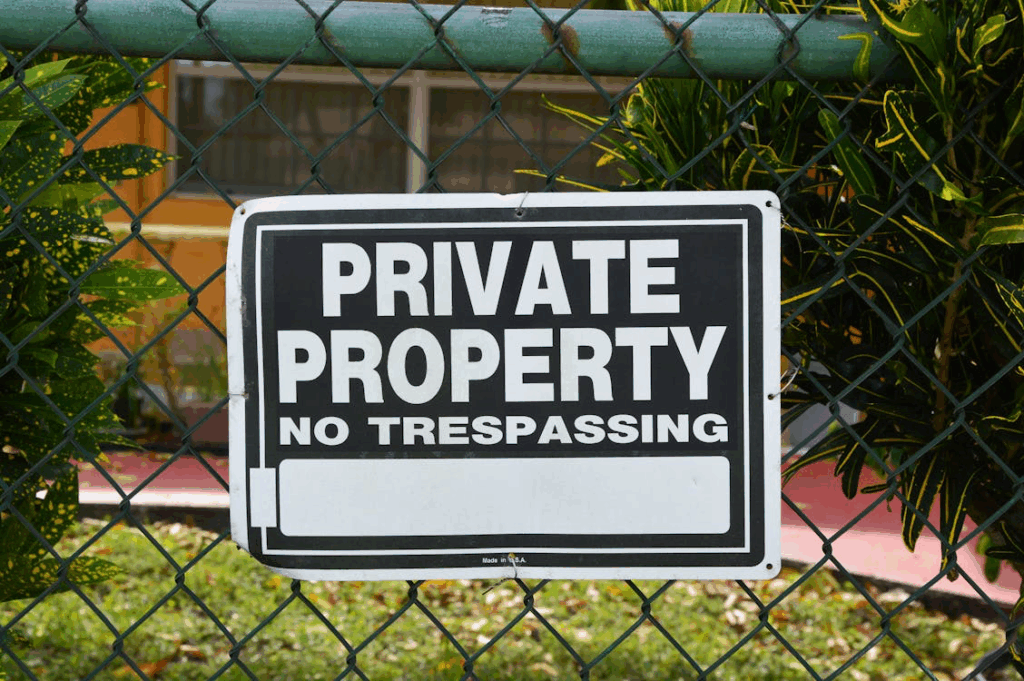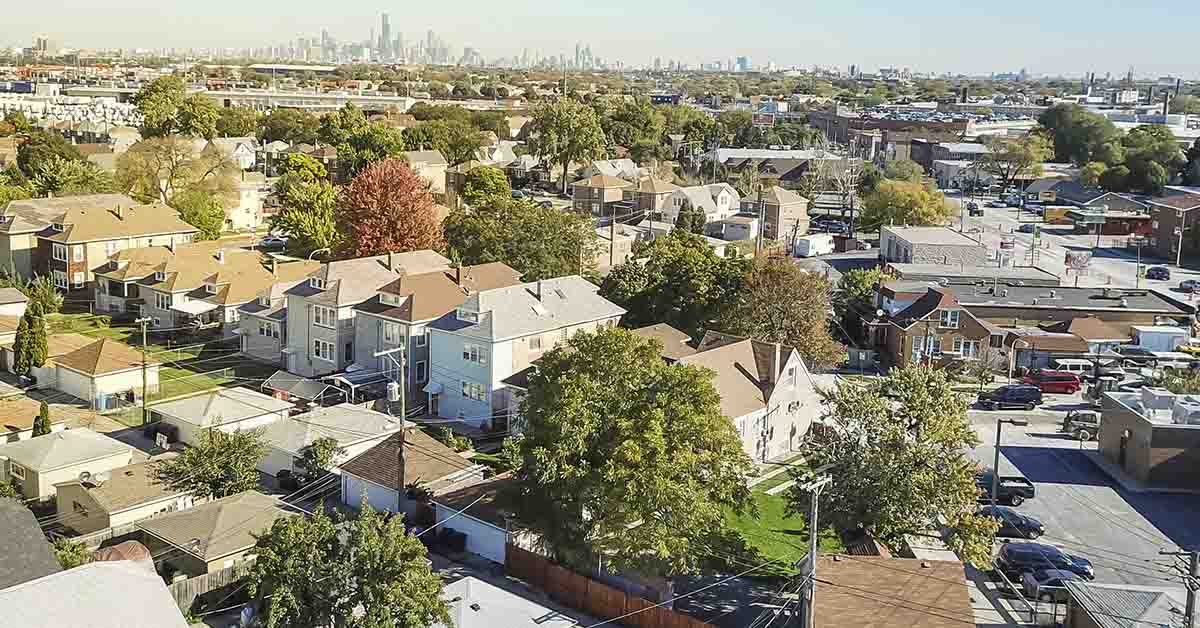Marco Velazquez found strangers living in his South Side Chicago home when his realtor arrived with a possible buyer to show the place. The people inside, Shermaine Powell-Gillard and a man named Codarro, told police they had bought the house. They showed papers that officials later said were fake. For Velazquez, finding squatters in his house felt like “a nightmare” as he suddenly had to fight for the rights to his own property.
When Strangers Take Over: One Homeowner’s Fight

Police informed Velazquez that Illinois laws prevented them from removing the occupants from his home without a court order. Unwilling to wait, Velazquez took matters into his own hands. “I called a couple friends, stayed overnight, and I knew they weren’t going to like that,” he explained. Velazquez, his wife, and friends moved in and spent the night in the living room while Powell-Gillard and Codarro stayed in a bedroom.
They demanded $8,000 to leave, claiming it was money they had paid for the house. Though skeptical, Velazquez paid them $4,300 to avoid a lengthy legal battle that could take “six, eight, 10 months, even a year.” Weeks later, a Chicago detective informed him that Powell-Gillard had been arrested for attempting the same scheme at another home and faced charges including burglary and trespassing.
Navigating the Legal Challenge: When Someone Claims Your Home

Understanding the difference between squatters and trespassers is important. Trespassers break in without permission and do not stay in the residence. Police can usually remove trespassers immediately. But if someone claims they live there, it gets trickier. These people move into empty homes and try to make them look like they belong there.
They might set up utilities or show fake papers when confronted. If they show any documents, even fake ones, the police often can’t force them out. That is why Marco Velazquez was advised to take his case to court. Occupation rights are legal standards that let someone claim a home after being there without permission for a long time. The time needed usually ranges from five to twenty years, depending on the state.
What It Takes to Claim Someone Else’s Property

Occupants must meet several conditions to claim a house. They must live there openly, not in hiding. Their stay must be continuous for the full required time without breaks. The rightful owner must not have permitted them to stay there. The place must be occupied solely by the individuals. In some states, payment of land taxes is also required. Illinois is trying to change its occupational rules. A new law called the Senate Bill 3658, or SB 3658 that would help deed holders get their homes back faster. Legislators are still reviewing the bill.
Read More: The Most Jaw-Dropping Hospital Stories We Can’t Forget
Squatters’ Rights Across the United States

Laws about living on someone else’s property without permission are different in each state across America. All states have these laws, but they require different things. In California, someone only needs to live on a property for 5 years and pay the taxes to possibly claim ownership. Some states require 10 years of living there, while others demand 15 years. States like Illinois have the toughest rules, requiring people to stay for 20 years before they can try to claim the property. Most states also have extra rules, like paying property taxes or having some kind of paperwork that looks like ownership.
Squatters’ Rights in Canada: Provincial Variations

Rights for unauthorized occupants in Canada vary by province and often require longer timeframes than in the United States. British Columbia and Alberta usually need 10 years of continuous living. British Columbia also blocks most new claims on lands after 1975. Ontario has stronger protections with a modern land tracking system that makes unauthorized claims harder. Quebec has different rules from other places. If someone stays on property without permission, they need 10 years to claim it when the owner lives in Quebec. But they need 30 years if the owner lives somewhere else. Like other parts of Canada, Quebec usually makes these people pay property taxes or fix up the building, too.
Squatters’ Rights and Laws in the United Kingdom

Since 2012, living in someone else’s home without permission in the UK is illegal, punishable by six months in jail or a $6,300 fine. However, through “adverse possession,” someone can claim ownership by living continuously on a property for 10 years (registered land) or 12 years (unregistered land). When someone files for ownership, the government notifies the real owner, who has 65 days to object. Property owners can protect themselves by preventing access or taking immediate legal action. While residential squatting is illegal, different rules apply to commercial buildings and empty land.
Why Quick Action Matters

These different laws show why acting quickly is important when you find someone on your land without permission. The longer they stay, the stronger their claim might become. Knowing the laws in your area helps keep your home safe. Many places have recently made their laws stricter to better protect homeowners. These changes recognize how unfair it is to lose your property just because you were away or not paying attention. But remember, these protections usually only work when owners take action right away.
Time Is Not on Your Side: The Urgency of Response

Preventing squatters is easier than removing them later. Check vacant properties regularly and install security cameras, motion-activated lights, and “No Trespassing” signs. Keep good ownership records, verify tax payments, and consider hiring property managers for empty buildings. Ask neighbors to watch your property too. If you find unauthorized residents, act quickly: file a police report, send formal eviction notices, and consult a real estate attorney. Never try to remove occupants yourself, as this could lead to legal problems.
Read More: What are Blue Roofs, and Should You Get One For Your Home?

